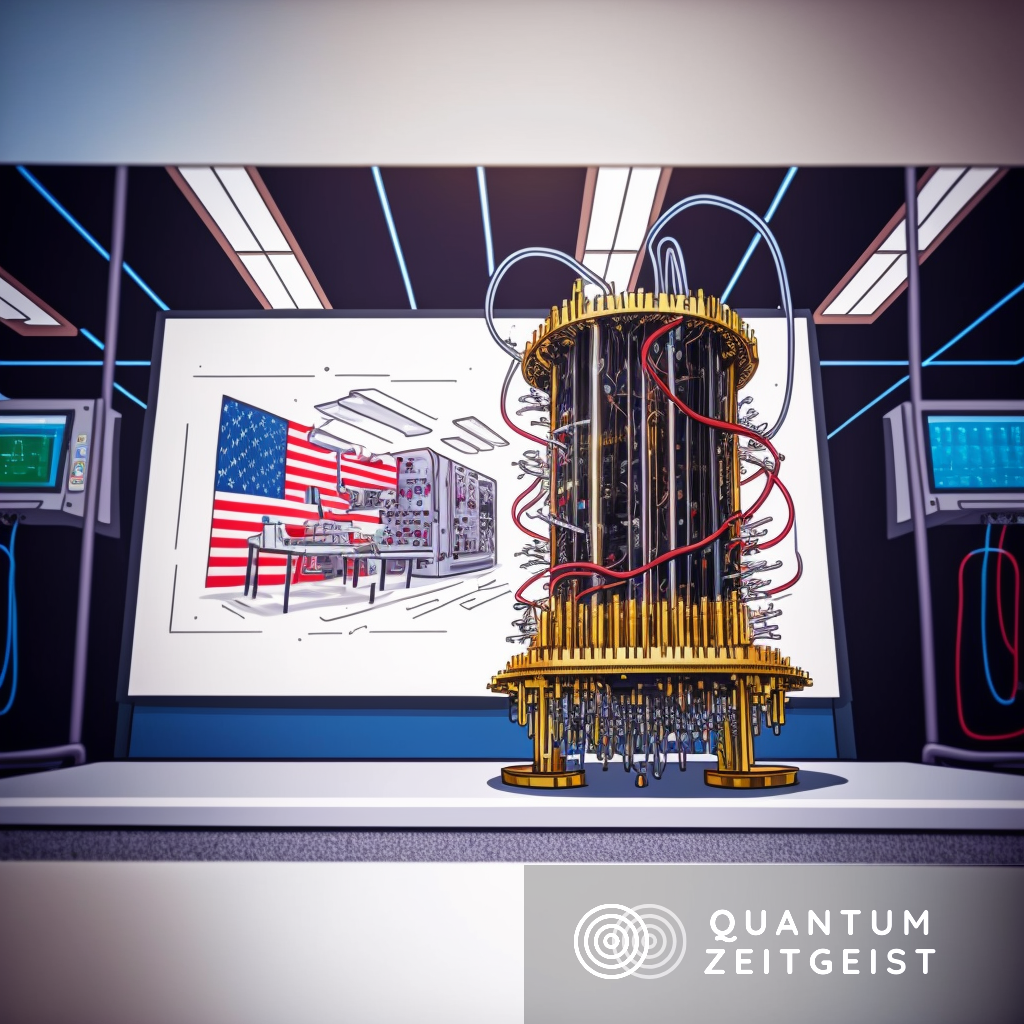The United States is investing significantly and sustainably in foundational QIS R&D to investigate various applications and foster a culture of discovery. To develop the fundamental scientific understanding, infrastructure, and manpower required to build new applications for QIS-inspired technologies, expand the marketplace, and cultivate an ecosystem for basic, applied, and translational research in the Quantum Computing business.
The National Science and Technology Council (NSTC) is the primary vehicle through which the Executive Branch integrates science and technology policy among the various agencies that comprise the Federal R&D economy. The NSTC’s principal mission is to ensure that science and technology policy decisions and activities are consistent with the President’s stated priorities.
One of the NSTC focus is on Quantum information science (QIS), which is defined as the unification of quantum mechanics and information theory — two primary fundamental fields underpinning modern technology that has the potential to produce transformative new types of computers, sensors, and networks with the potential to improve the Nation’s prosperity and security.
QIS can have a significant and positive impact on society and the way each agency carries out its job. Recognizing the value of a diverse, inclusive, and representative quantum workforce, agencies are prioritizing efforts to guarantee that all Americans can benefit from QIS involvement.
The National Quantum Initiative Act
To strengthen American leadership in QIS technology, the National Quantum Initiative (NQI) Act was passed in December 2018. The initiative provides the U.S. Federal departments and agencies (hereafter, “agencies”) authority to develop research centres and research communities and eventually kickstart new programs under QIS research and development (R&D), while also coordinating with Federal Government, as well as industry and the academic community.
The goal of this R&D collaboration is to keep and strengthen the United States’ leadership in quantum information science and applications during the next decade. United States is investing significantly and sustainably in fundamental QIS R&D, catering to various applications and fostering a culture of discovery. Additionally, the initiative was intended to provide for a coordinated Federal program to accelerate quantum research and development (R&D) for the economic and national security of the United States.
Investing toward Quantum Advantage
Over the last year, the Biden-Harris Administration has taken significant steps to maintain U.S. leadership in QIS, highlighting the necessity of a whole-of-government and whole-of-society approach to moving the field forward while also taking significant steps to mitigate potential economic or national security risks.
The NQI annual report provides an overview of the NQI Program, including updates regarding constructing multiple NQI centres, Quantum Economic Development Consortium, and new QIS R&D initiatives. Agencies reported $449 million in actual budget expenditures for QIS R&D in Fiscal Year (FY) 2019, $672 million in FY 2020, and $855 million in FY 2021, followed by $918 million in enacted budget authority for QIS R&D in FY 2022, and $844 million in requested budget authority for QIS R&D in FY 2023.
“This increased research and development funding is going to ensure that the United States
– President Biden, signing of the CHIPS and Science
leads the world in the industries of the future: from quantum computing, to artificial
intelligence, to advanced biotechnology.”
Act.
NQI Program Component Areas (PCAs)
The annual NQI budget covers five major programs,
- Quantum Sensing and Metrology (QSENS) refers to the use of quantum mechanics in sensors and measurement research. This can include superposition and entanglement applications, non-classical states of light, new metrology regimes or modalities, and increases in accuracy and precision provided by quantum control, such as atomic clocks.
- Quantum Computing (QCOMP) refers to the development of quantum bits (qubits) and entangling gates, quantum algorithms and software, digital and analogue quantum simulators using programmable quantum devices, quantum computers and prototypes, hybrid digital-analogue computing, and quantum-classical computing systems.
- Quantum Networking (QNET) refers to efforts to create and use entangled quantum states distributed over long distances and shared by multiple parties for new information technology applications and fundamental science, such as networking intermediate-scale quantum computers (modules) for enhanced beyond-classical computing capabilities.
- QIS for Advancing Fundamental Science (QADV), which encompasses the foundational efforts to apply quantum devices and QIS theory to broaden fundamental knowledge in other disciplines.
- Quantum Technology (QT) program focuses on working with end-users to deploy quantum technologies in the field and develop use cases; basic R&D on supporting technologies for QIS engineering, such as infrastructure and manufacturing techniques for electronics, photonics, and cryogenics; and efforts to understand and mitigate risks raised by quantum technologies, such as post-quantum cryptography.
Read the full report here.

